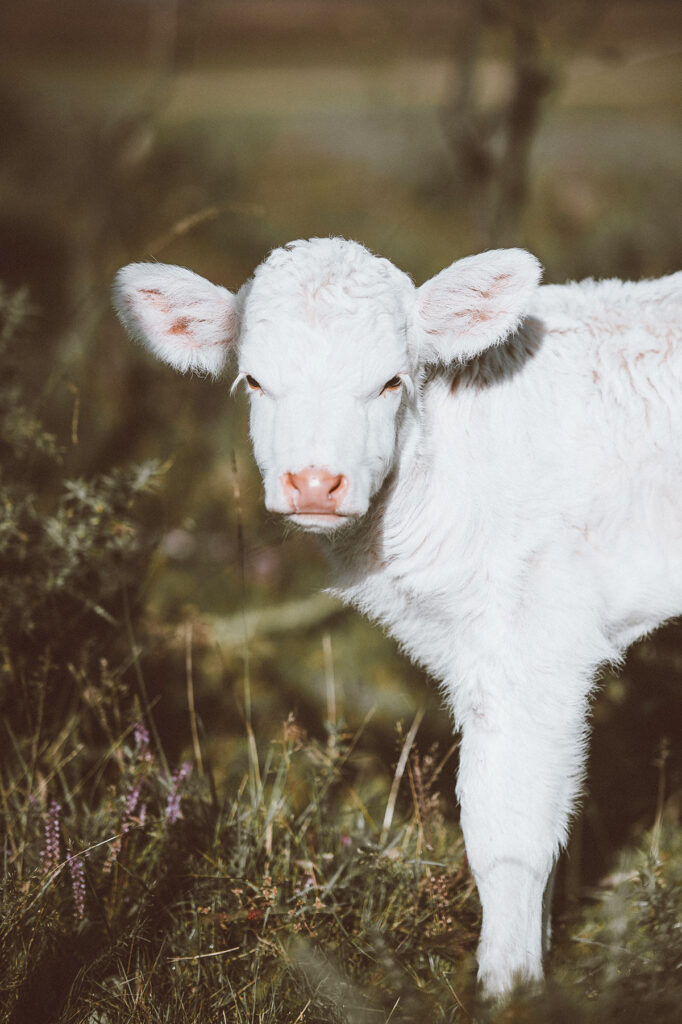
Management strategies can help a producer create animals that are built for success
Strong livestock perform well and help improve an operation’s bottom line.
While it can seem like some animals are just stronger and healthier than others, there are management strategies than can help a producer make more of their stock stronger over time.
Genetics
Genetic improvements are a solid way for producers to work towards creating stronger animals. It’s a long-term game, so patience and good record keeping are required for this strategy.
Genomic testing can give producers tangible data to work with when it comes to their livestock’s genetics. On top of helping to create stronger herds and flocks, the data acquired from genomic testing can be an additional marketing point when used properly.
“It’s important to understand that not every animal comes out ahead with a genomic test. I encourage folks to use the information as much as possible for herd use as a tool in breeding and culling decisions,” Andy McCorkill, livestock field specialist with the University of Missouri Extension, advised. “If the results come out favorably, it can add a good degree of value to the animals you sell.”
If testing is not a feasible option for an operation, observation can be a useful tool as well. This can guide a producer towards culling animals with poor mothering instincts, poor feed efficiency, or those who need continual medical intervention or treatment for various ailments.
Nutrition
Proper nutrition for livestock will keep animals healthy and strong. Each species of animal and each operation is different, so the best way to create strong stock with a feeding program is to know exactly what they need.
“Extension publications are a good place to start with gathering information about the nutrient needs of livestock. These can be obtained with the help of an Extension agent or Internet search,” Dr. Shane Gadberry, livestock nutritionist with the University of Arkansas Extension, said.
Once a producer has done their research and are aware of what their animals need in their diet, they will need to determine the amount of necessary nutrients the stock are already receiving in order to fill in any gaps. Experimenting with different ways to measure feed intake will most likely will be necessary. Working with a veterinarian or nutritionist can help producers get the most out of their feeding program.
Health
Healthy animals with strong immune systems will perform well and cost less to maintain. Creating an animal health program will help producers to stay on track with routine maintenance and have a containment plan if an animal does get sick.
Working with a trusted veterinarian can ensure that the health program creates and maintains strong and productive animals.





